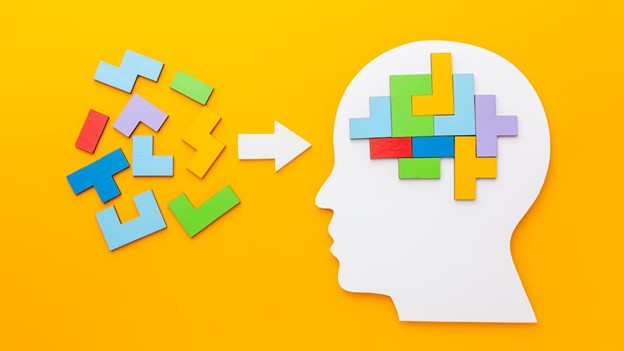The History of Solitaire: A Lesson in Card Games for Kids
With its simple rules and engaging gameplay, there is one game that has become a staple on computers, smartphones, and actual card tables around the world. Even with fierce competition from numerous other games that have captured our attention, the game of Solitaire stands out as a classic and timeless favorite.
Card games that you can play on Subgame have been a source of entertainment for people of all ages and backgrounds for centuries. They engage the mind while reducing stress from our daily tasks. So, in celebration of fun and games let’s uncover the history of the intriguing game of Solitaire.
Where did it originate? How has it managed to remain popular among both kids and adults? And what are the valuable lessons kids can learn from a card game created so many years ago.
Origins of Solitaire
The exact origins of Solitaire are shrouded in mystery, much like a well-played card hidden in a deck. While its precise beginnings are debated, many historians believe that the game traces its roots back to 18th-century Europe. The earliest form of Solitaire is believed to have been played in Scandinavia and is called “Kabal” or “Cabale,” which means secret knowledge. The game’s name itself hints at its puzzling nature, where players would engage in a solitary pursuit to solve the card layout.
Solitaire’s popularity spread across Europe, undergoing variations in rules and names. In France, it became known as “Patience,” emphasizing the calm and strategic approach required to solve the intricate card arrangements. As the game traveled to England, it gained its iconic name, “Solitaire,” reflecting the solitary nature of play.
A Game of Strategy and Patience
At its core, Solitaire is a game of strategy and patience. The objective is to arrange a deck of cards in a specific order by following a set of rules and guidelines. This arrangement requires careful thought and planning, teaching players the importance of considering their options before making decisions. As kids engage with Solitaire, they learn to anticipate potential outcomes and make choices that will lead to a successful conclusion.
The Digital Age and Beyond
The advent of computers brought Solitaire to an entirely new level of popularity. Microsoft’s Windows operating system, starting with Windows 3.0 in 1990, included a version of Solitaire that quickly became a favorite pastime for office workers and home computer users alike. The digital version of the game introduced convenience and accessibility, allowing players to enjoy a game whenever they desired.
In recent years, Solitaire has transitioned seamlessly into the world of mobile apps, making it even more accessible to kids and adults. Its adaptability to different platforms showcases the game’s enduring appeal, as players of all ages continue to engage with the digital version while still enjoying the tactile experience of shuffling physical cards.
Life Lessons from Solitaire

Beyond its entertainment value, Solitaire imparts valuable life lessons to kids that extend beyond the realm of card games. Patience, critical thinking, and resilience are just a few of the qualities that Solitaire nurtures.
Patience
As the name “Patience” suggests, the game teaches players the art of waiting and persevering through challenges. Kids learn that success may not come instantly, and achieving their goals requires steady determination.
Problem-Solving
Solitaire is essentially a puzzle that needs to be solved. Players must analyze the current layout, predict the consequences of their moves, and strategize to reach the desired outcome. This sharpens kids’ problem-solving skills and encourages them to think critically.
Adaptability
Sometimes, the initial arrangement of cards in Solitaire doesn’t lead to success. Kids learn the importance of adapting their approach and trying new strategies when faced with obstacles.
Attention to Detail
To excel in Solitaire, players must pay attention to every card on the table. This fosters an eye for detail, which can translate to improved focus and observation skills in various aspects of life.

Summing Up
The history of Solitaire is a fascinating journey through time, showcasing the game’s evolution from its mysterious origins to its modern digital incarnations. As a lesson in card games for kids, Solitaire imparts invaluable skills that extend beyond the realm of entertainment. Its focus on patience, strategic thinking, and adaptability makes it an excellent tool for nurturing the brain important life skills in a fun and engaging manner. Whether played on a computer screen, a smartphone, or with a traditional deck of cards, Solitaire continues to captivate the hearts and minds of players young and old, proving that the allure of this timeless game is far from waning.





